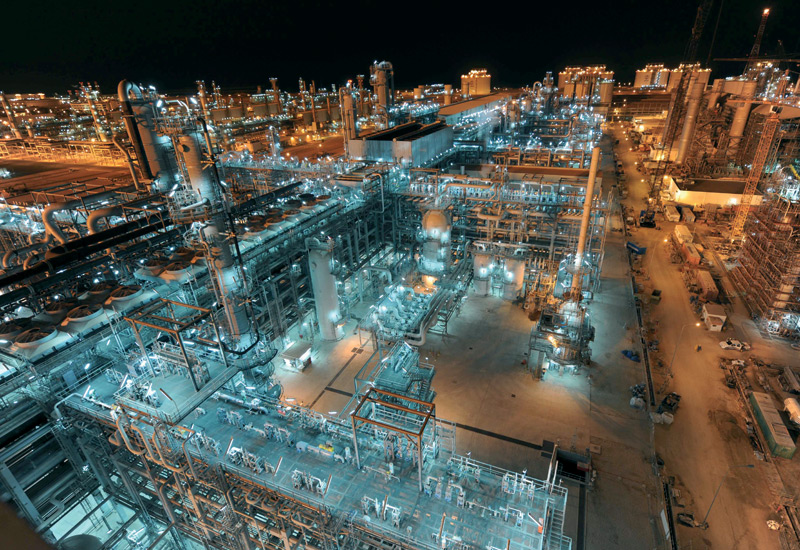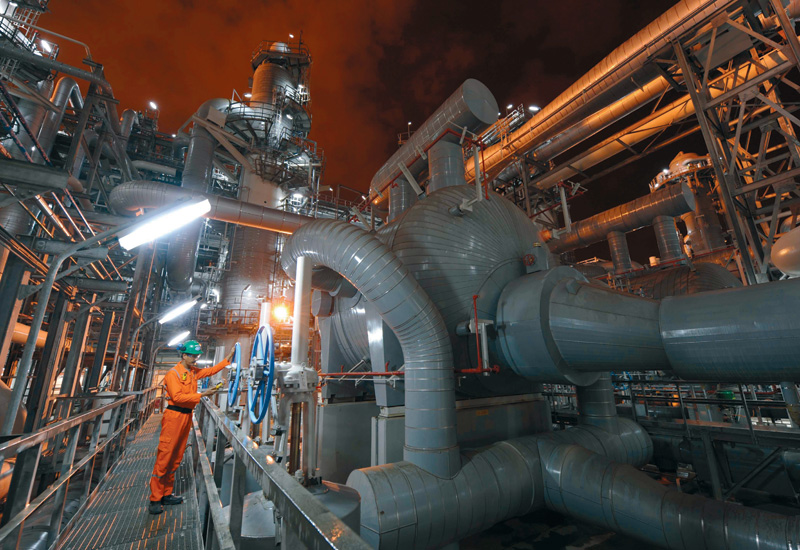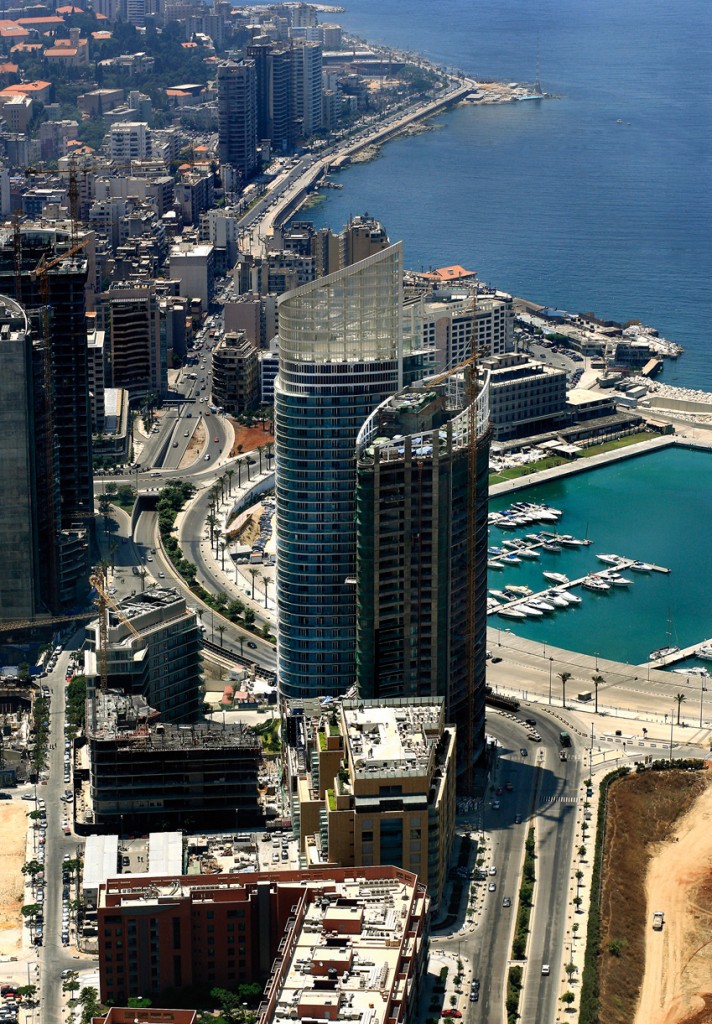Oman has ordered state-owned companies to accelerate the process of replacing foreign staff with Omani nationals, especially in senior positions, to create more jobs for its citizens.
The finance ministry gave public sector companies until July 2021 to draw up timetables to appoint Omanis in the place of foreign staff, including in managerial positions.
The ministry said large numbers of expatriates still occupied managerial posts in state-run firms.
Foreigners make up more than 40 percent of Oman’s population of 4.6 million, and have played a major role in the Gulf state’s development for several decades.
Around 25 million foreign nationals, mostly Asians, live and work in the Arab monarchies of the Gulf.
But the oil-rich region has been hit hard by falling crude prices since 2014, and suffered a new blow with the coronavirus pandemic and its impact on world markets.
Faced with an economic slump and a sharp drop in oil revenues, Oman and other Gulf Cooperation Council (GCC) states have been trying hard to create jobs for their own citizens.
The GCC states of Oman, Saudi Arabia, the United Arab Emirates, Kuwait, Qatar and Bahrain are seeking to diversify their economies and integrate millions of new graduates into the workforce.
All have introduced legislation to give nationals preference over foreigners in both the public and private sectors.
Source:https://www.arabianbusiness.com/politics-economics/445915-oman-orders-state-owned-companies-to-speed-up-replacing-foreigners-with-citizens




